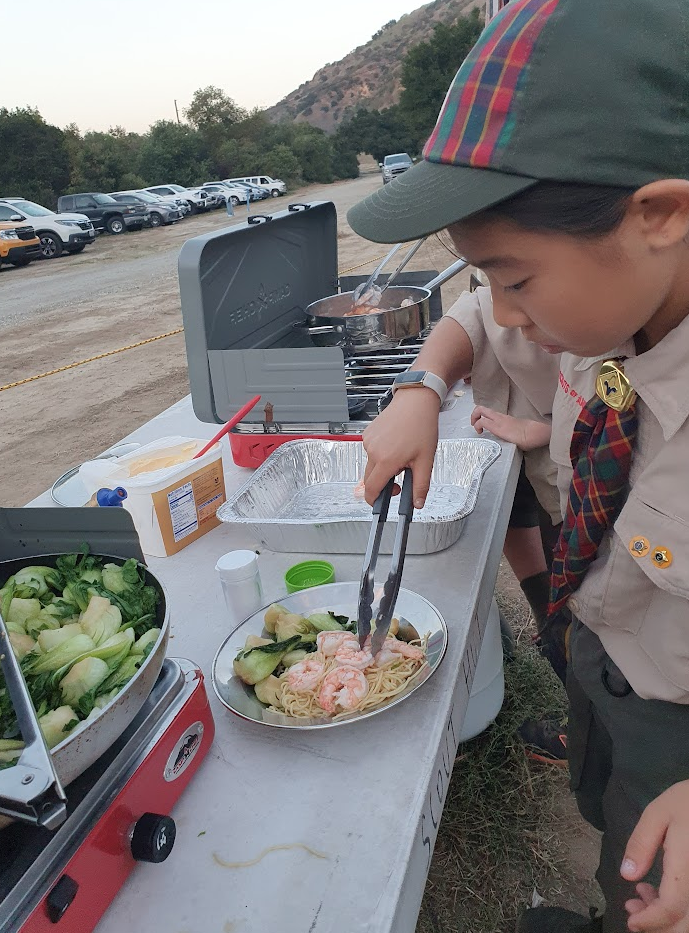- Character Development:
- Leadership Skills: Scouts often have opportunities to take on leadership roles, fostering skills such as decision-making, communication, and teamwork.
- Responsibility: Scouts are encouraged to take responsibility for their actions and commitments, contributing to the development of a strong sense of accountability.
- Outdoor Skills:
- Camping and Survival Skills: Scouts learn essential outdoor skills such as camping, hiking, cooking, and first aid. These experiences can instill a love for nature and an understanding of self-sufficiency.
- Environmental Stewardship: Scouting often promotes environmental awareness and a sense of responsibility towards nature and conservation.
- Values and Ethics:
- Morality and Ethics: Scouting programs typically emphasize values such as honesty, integrity, and respect, helping children develop a strong moral compass.
- Community Service: Scouts are often involved in community service projects, fostering a sense of responsibility towards others and the community.
- Social Skills:
- Friendship and Camaraderie: The group activities and shared experiences in scouting can lead to the formation of lasting friendships and a sense of belonging.
- Communication Skills: Through interactions with peers and adults, scouts can develop strong communication skills.
- Goal Setting and Achievement:
- Merit Badges and Ranks: Scouts set and work towards achieving goals through the completion of merit badges and advancement in ranks, fostering a sense of accomplishment and self-esteem.
- Adaptability and Resilience:
- Challenges and Adversity: Outdoor activities and challenges in scouting help children develop resilience, adaptability, and the ability to overcome obstacles.
- Cultural Awareness:
- Diversity and Inclusion: Scouting often promotes an inclusive environment, exposing children to diverse cultures and backgrounds, and fostering tolerance and understanding.
- Preparation for Adulthood:
- Life Skills: Scouts gain practical life skills, including financial literacy, cooking, and time management, which are valuable as they transition into adulthood.
- Confidence Building:
- Public Speaking: Opportunities for public speaking and leading activities can contribute to the development of confidence and self-assurance.
- Positive Role Models:
- Adult Mentors: Interaction with positive adult role models, often scout leaders and volunteers, can have a lasting impact on a child’s development.
It’s important to note that the specific benefits may vary depending on the individual’s engagement, the quality of the scouting program, and the commitment of leaders and parents. Overall, the Boy Scouts and similar organizations aim to provide a well-rounded experience that contributes to the holistic development of children into responsible, capable, and ethical individuals.
Joel Holst is a longtime Scouter and former North Shore District Chair. He enjoys playing with AI platform Chat GPT3.5 to see what it says about scouting. His membershp motto is “ABC – Always Be ‘Cruiting”.


